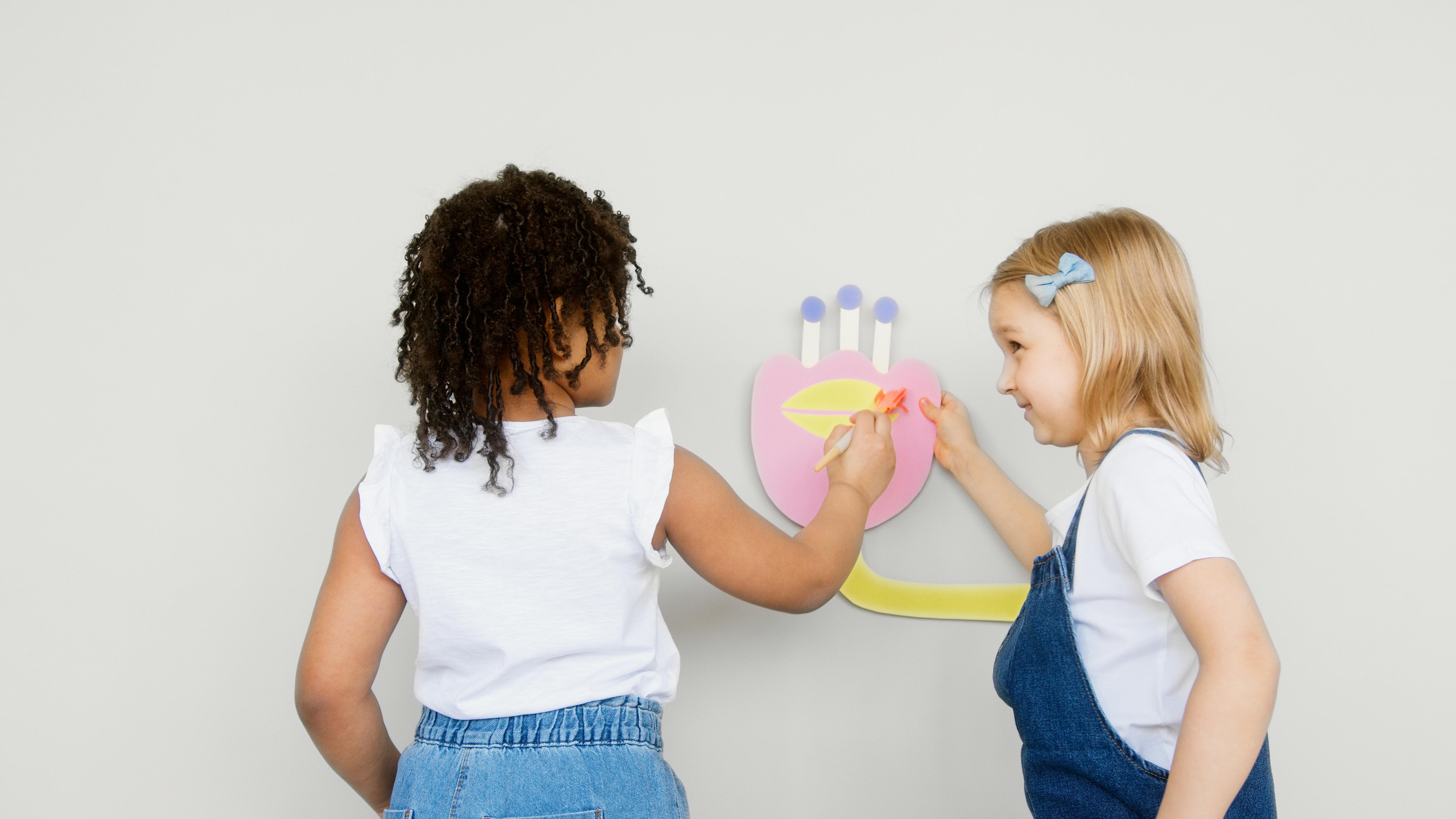
The Power of Routine for Toddlers
For toddlers, life can sometimes feel unpredictable, and understanding daily routines can empower them amid the chaos. Structured schedules not only give children a sense of security but also foster a feeling of mastery over their lives. When toddlers are aware of what to expect throughout their day, they are more likely to cooperate instead of feeling overwhelmed and oppositional.
Understanding Routines: A Developmental Approach
Research shows that routines support healthy brain development, particularly in the prefrontal cortex, which governs executive function skills like planning and organization. Imparting a consistent daily structure enables toddlers to process activities in a sequential manner, promoting cognitive growth in a nurturing environment. This predictability helps them navigate their feelings and behaviors more effectively.
Transforming Mundane Activities into Adventures
Parents can stimulate their toddlers’ imaginations by framing daily tasks as adventures. For instance, instead of just going grocery shopping, frame it as an exciting excursion. “Let’s pack our bags for our exciting grocery store adventure!” By instilling enthusiasm around routine activities, caregivers can make the mundane magical, encouraging participation and engagement.
The Craft of Making Routine Charts
A fantastic tool for visual learners is a "Routine Chart," which outlines daily activities using photos or images representing each task. This simple yet effective method provides toddlers with a clear guide of what comes next. You can either create a personalized chart or purchase pre-made ones that depict common activities like waking up, eating, and playing. This visual stimulus not only informs toddlers about their routine but also fosters independence as they learn to navigate their schedule.
Balancing Structure and Freedom
A routine doesn’t mean rigidity. It’s essential to balance structure with flexibility, allowing toddlers to explore and experience their environment. Parents should offer choice, like selecting between going to the park or playing in the sprinkler, giving toddlers autonomy while providing a safe framework within which to make those choices. This balance nurtures diverse aspects of their development—from creativity to decision-making.
Conclusion: Creating a Secure Foundation
Structure provides a nurturing backdrop for toddlers, enabling them to explore their unique qualities while discovering the world around them. As working moms, stay-at-home dads, and caregivers of neurodiverse children, understanding and implementing effective routines can be invaluable in fostering healthy development and positive behavior among toddlers. By engaging in these practices and embracing the joy of exploration, parents can create lasting memories rooted in comfort and security.
 Add Row
Add Row  Add
Add 




Write A Comment